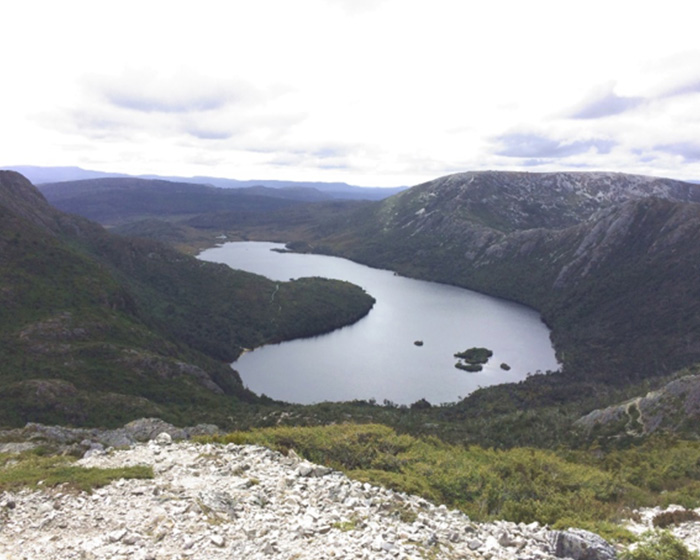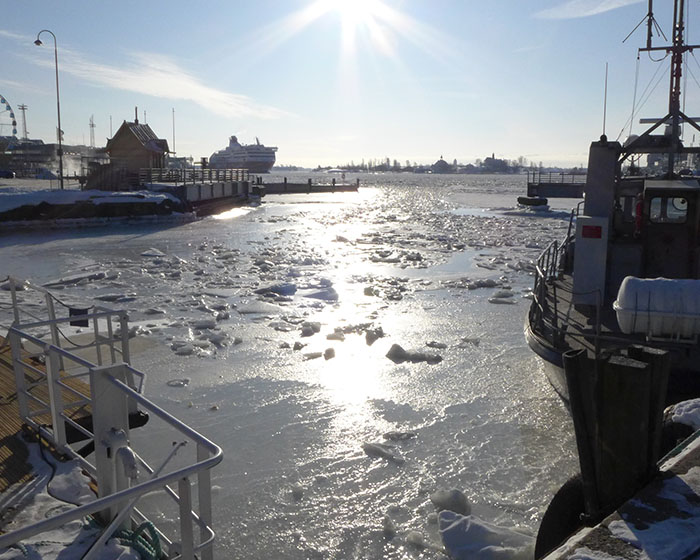Climate Change Impacts on Coastal Wetlands

Climate Change Impacts on Coastal Wetlands
Climate change is expected to have a significant impact on both the geomorphology and ecology of coastal wetlands, such as saltmarshes and mangroves. This may lead to substantial losses of valuable ecosystems in the decades to come. Field observations and modelling are used to estimate the impact of climate change, and more specifically global sea level rise and changes in global storm climates, on coastal wetlands.
We work in collaboration with local, regional and national stakeholders, such as Natural England and the Lincolnshire Wildlife Trust to estimate how dune ecosystems and coastal wetlands in Lincolnshire and the UK respond to the climate change and sea level rise. In the National Nature reserves Gibraltar Point and Saltfleetby - Theddlethorpe Dunes, for example, we use remote sensing techniques, GIS modelling and field data collection to reconstruct the interactions between the geomorphological/ecological evolution and hydrological drivers to estimate their past and future development.
With the local-scale process knowledge gained from these studies we work to upscale the assessment of climate change impacts to continental and global scales. With our international collaborators, we develop modelling tools to help national and supra-national stakeholders to manage their coastlines more sustainably in the face of climate change.
- Habitat and Geomorphological development of Gibraltar Point, Lincolnshire (2021). £5,000 awarded by Natural England to Dr Mark Schuerch.
- Geomorphological advice in respect of Saltfleetby-Theddlethorpe Dunes, Lincolnshire (2021). £5,000 awarded by Natural England to Dr Mark Schuerch.
- A palaeoecological perspective on the ecological implications of seawall removal at Gibraltar Point, UK (2020-2021). £1,000 awarded by Quaternary Research Association to Dr Kristen Beck.
- Schuerch, Mark, Spencer, Tom and Evans, Ben (2019) Coupling between tidal mudflats and salt marshes affects marsh morphology. Marine Geology, 412 . pp. 95-106. ISSN 0025-3227
- Schuerch, Mark, Spencer, Tom, Temmerman, Stijn, Kirwan, Matthew L., Wolff, Claudia, Lincke, Daniel, McOwen, Chris J., Pickering, Mark D., Reef, Ruth, Vafeidis, Athanasios T., Hinkel, Jochen, Nicholls, Robert J. and Brown, Sally (2018) Future response of global coastal wetlands to sea level rise. Nature, 561 . pp. 231-234. ISSN 0028-0836
- A Long-term Perspective On Barrier-marsh Interactions (2019-2020). £1,000 awarded by British Society for Geomorphology to Dr Mark Schuerch.
Find out more about LCGR other research

Past Climate Trends and Impacts
Find out more about how within our research we explore past climatic change using reconstructions for natural archives and documentary records.

Impact of Climate Change on Extreme Flood Events
Find out more about our involvement in research which aims to better understand the relationship between extreme flood events and the North Atlantic Oscillation (UK) and El Niño Southern Oscillation (NZ).

Arctic Mid-latitude Climate and Weather Linkages
Find out how we are engaged with international researchers in order to establish the links between Arctic Amplification and mid-latitude weather and its impact on extreme weather events.
Contact Us
School of Geography, College of Health and Science
University of Lincoln, Think Tank, Ruston Way, Lincoln, LN6 7DW
Tel: +44(0)1522 835820